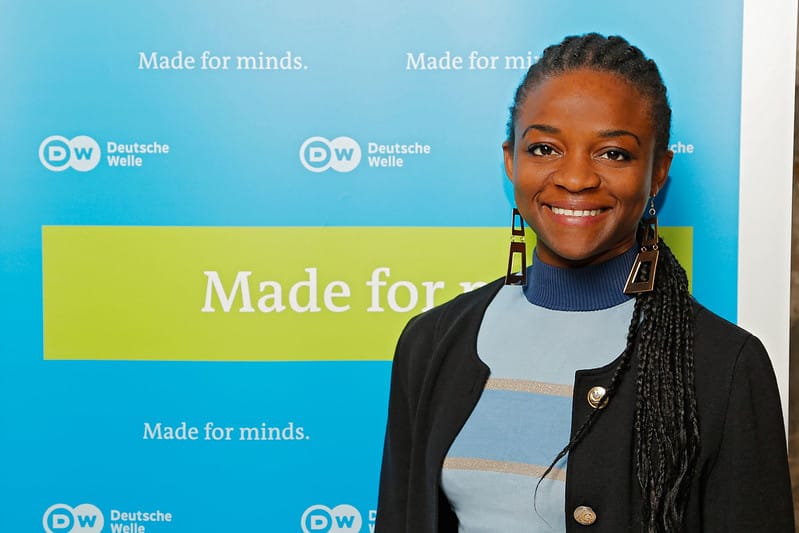Facebook’s Oversight Board Members Seek to Clarify the Organization’s Role and Impact
Often characterized in the media as the Supreme Court of Facebook, Oversight Board members explained how the board actually functions.
Benjamin Kahn

ASPEN, Colorado, August 20, 2021—Two members of Facebook’s controversial and oft misunderstood Oversight Board on Monday attempted to clarify the role of the organization, months after it upheld Facebook’s decision to ban President Donald Trump from the platform.
The Oversight Board is an organization funded by an independent trust created and funded by Facebook. The body is responsible for making binding decisions on content moderation cases for Facebook and Instagram.
While the body was once only able to adjudicate cases referred to it by Facebook, it can now hear cases through an appeal process brought about by Facebook users themselves. Though the decision to uphold or dissent from Facebook’s moderation are binding upon Facebook, policy recommendations based off the board’s findings are not.
These were some of the points that Michael McConnell and Julie Owono attempted to address while speaking on a panel at the Technology Policy Institute’s 2021 Aspen Forum here on Monday.
McConnell pointed out that of all the recommendations that the board has made to Facebook, the social media giant has only accepted around half of them. He was quick to point out that, in his opinion, this was not necessarily a bad thing.
“We are still learning,” he said, “We need to hold [Facebook’s] feet to the fire but we also need to be practical.” McConnell stated that sometimes the board’s recommendations are too “utopian,” and that Facebook needs more realistic solutions.
Owono said she was supportive of initiatives and recommendations that would improve meaningful transparency. When pressed on the situation regarding the NYU researchers stonewalled by Facebook, she emphasized that collaborative efforts between all stakeholders are critical to ensuring that Facebook stays on the right path.
McConnell said that he agreed with Owono’s assessment. While he said he was not privy to the details surrounding the NYU research situation, he was confident that the work done by the Oversight Board had brought a level of publicity that itself would help to keep Facebook in line.
“When we make recommendations people notice,” he said. This kind of attention is often sufficient incentive for Facebook to take their suggestions seriously, he said.
Because Facebook is required to respond to the Oversight Board’s comments within a specific window of time, Owono said, “Not receiving an answer is [an answer].”









Member discussion